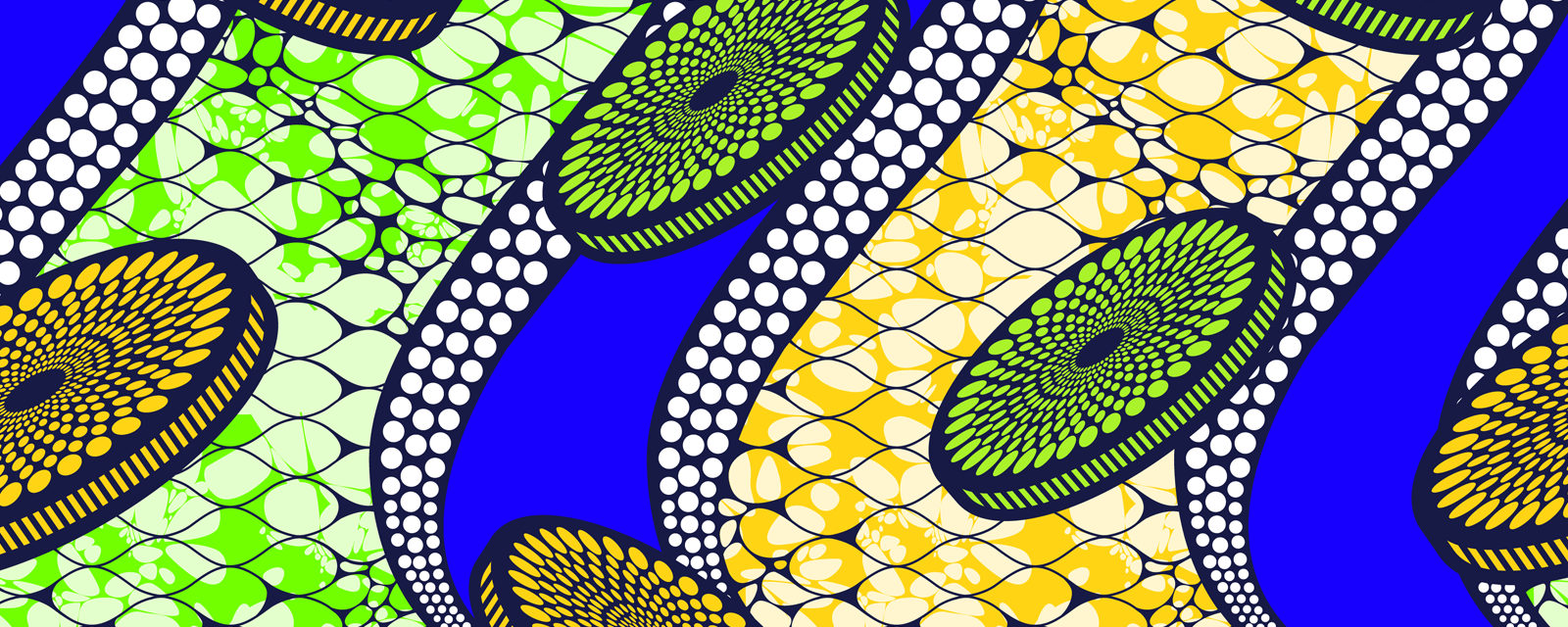Praises of the Shava clan of the Shona people of Zimbabwe. Clan Praises are addressed not to specific kings, as in the Zulu tradition, but to the whole lineage. Every member of the clan deserves praise after rendering some important service. At the heart of the praise, and providing many of its metaphors, is the totem associated with the clan, in this case the Eland antelope, so the poem becomes, in part, the praises of the animal.
We’d like to thank Dr Mickias T. Musiyiwa, who teaches in the Dept of African Languages at the University of Zimbabwe, and also the website of the Poetry International Foundation in the Netherlands where we found this poem.
Thank you, Shava,
The Great Eland bull, The Runaway. (1)
Thank you very much The-one-who-carries heavy-loads. (2)
Those who challenged each other at Janga, (3)
Those who were given wives in the country of the Njanja people.
Thank you my dear Mutekedza, those in uHera Mukonde.
It has been done Great Animal,
those with tails that are intimate with body, (4)
One with sounding feet, one who combs wasps. (5)
Those who chase those who portend death, as compensation for a corpse.
One-who-likes-men, hunted only by those who do so with caution.
Those who do not wrap women with lies,
Those who embrace and bend women,
Those who yearn for the original one,
Those with tears that are too sacred fall to the ground,
But if they fall, they must be accompanied with human blood.
We are so thankful those in Matenhere, (6)
Those who lie in the hills of Mbwenya,
Thank you those those of White Bangles, Great Eland Bull, (7)
Crossing the river after the waters have ascended the mountains.
We are so thankful those in Muchimbare, those of Guruuswa, (8)
Those with white settlements that resemble the whiteness of the full moon.
It is your custom to be kind, Shava Mukonde, those in Gombe
Your kindness has been seen, great hunter, it has been done, Mbiru. (9)
No, your kindness has been seen, Sarirambi, it has been done Nyashanu.
Here is the Shona version, Shava — Museyamwa, Museyamwa is one of the Shava dynasties.
Maita Shava,
Mhofu yomukono, Ziwewera
Hekani Mutekedza
Vakatekedzana paJanga
Vakapiwa vakadzi munyika yavaNjanja
Hekani Mutekedza, vari uHera Mukonde
Zvaitwa Mhukahuru,
vemiswe inochenga miviri
Ziendanetyaka, mutunhu une mago
Vanovangira vashura vhu, kutsivira mutumbi
Chidavarume, vanovhimwa navanonyanga
Vasakamonera vakadzi dzenhema
Vanomonera vakadzi dzamangondi
Vanochemera wavatanga
Vane misodzi inodonha pasi
Kuti yadonha yoda nhevedzo yeromunhu ropa
Tonotenda vari Matenhere
Vari pazvikomo zveMbwenya
Maita veTsambochena, Mhofu yomukono
Kuyambuka rwizi mvura yakwira makomo
Totenda voMuchimbare, veGuruuswa
Vane nzangachena kunge mwedzi wejenachena
Kuziva zvenyu VaShava Mukonde, vari Gombe
Zvaonekwa vahombarume, zvaitwa Mbiru
Aiwa, zvaonekwa Sarirambi, zvaiitwa Nyashanu.
from Shona Praise Poetry,
Hodza, A.C and Fortune, G.,
Oxford: Clarendon Press, 1979.
Footnotes
- Elands can far outrun hunters.
- Elands are heavy-built, with a long mane.
- These three lines record places the Shona inhabited on their migration to their present home, and where ancestors are buried. As always, the praise of the totem is intertwined with the clan’s history.
- An eland’s tail looks like a continuation of its backbone.
- Eland herds are accompanied by a loud clicking or buzzing sound. It is speculated the animal’s weight causes the two halves of its hooves to splay apart, snapping together when the animal raises its leg.
- The names in the following lines mark places where the Shona have lived and where ancestors lie.
- Elands have white markings like bangles on their legs.
- Guruuswa, meaning ‘land of high grass’, traditional ancestral home of the Shona from which they migrated to Zimbabwe.
- Mbiru: The name of an ancestor, as in the following line.

